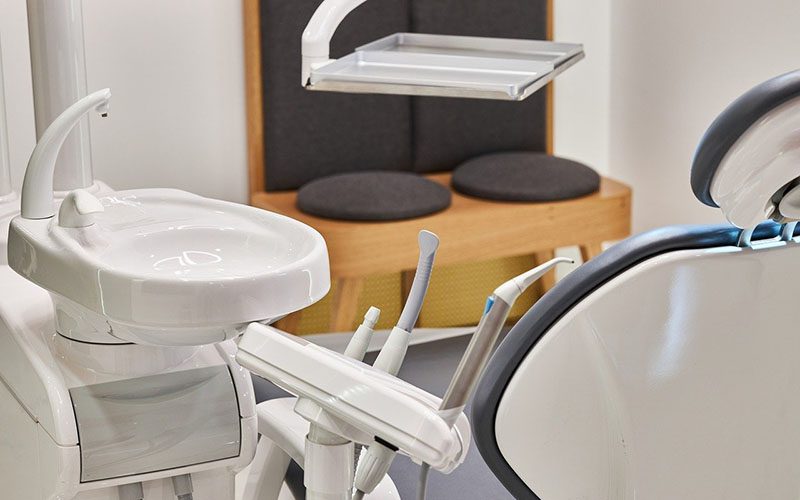We know how scary it can be to hear that you need a tooth pulled. Whether you need one tooth pulled, many teeth pulled, or your wisdom teeth removed, it can be panic-inducing, and you’re not alone.
However, did you know that a tooth extraction is a pretty common and standard procedure? Dentists perform tooth extractions all the time, and there’s usually minimal risk involved.

(Engin_Akyurt / pixabay)
Our Davis and Weber county dentists perform tooth extractions regularly and have come up with this guide to help you know what to expect when you need a tooth extraction. And since knowledge is power, when you understand more, you’ll feel more calm and confident going into the procedure.
What is a Tooth Extraction?
Tooth extraction is the removal of a tooth from its socket in the bone. Your dentist will first numb the area to prevent pain during a tooth extraction. Then your dentist will use an elevator instrument to wiggle the tooth back and forth to loosen it until pulling it out with dental forceps.
Why Might You Need a Tooth Pulled?
Often a filling, crown, or other dental procedure can repair a damaged tooth. Tooth extraction is usually a last resort when other methods won’t solve the problem at hand. Other common reasons for tooth extraction include:
- Infection and/or decay has reached too deep into the tooth
- Trauma to the mouth due to an injury
- Overcrowding
- Permanent teeth start to make an appearance before baby teeth fall out
- Wisdom Teeth
Tooth Extraction Prep
Before extracting your tooth, your dentist will assess your medical and dental history and review x-rays of your mouth to measure the shape, length, and position of your tooth and the bone surrounding it. This assessment allows your dentist to best approach your tooth extraction or possibly refer you to an oral surgeon. Some tooth extractions may be too complex for a general dentist. An oral surgeon specializes in this and has all the appropriate tools, training, and resources to accomplish it.
During the procedure, the area will be numbed using local anesthesia, or in more complicated cases, your dental team may put you to sleep with intravenous anesthesia. This might entail conscious sedation or general anesthesia. Conscious sedation puts you in a state of grogginess where you might wake up throughout the procedure but won’t be aware or remember what was going on. With general anesthesia, you’ll be completely asleep. Make sure to arrange a ride home after the procedure, as you shouldn’t be operating any heavy machinery on your own after the tooth extraction.
Types of Extractions
1. Simple Extraction
Simple extractions occur when the tooth being removed is visible in your mouth. This is done with the assistance of the previously mentioned elevator instrument, which helps pull the tooth from its socket. It’s a pretty quick process. You might feel some pain after it’s complete, but that usually dissipates in a couple of days.
2. Surgical Extraction
A surgical extraction is a bit more complicated. This involves removing a tooth that has broken off at the gum line or has not fully grown in yet. A surgical extraction might be referred to an oral surgeon. This involves an incision in your gum to remove the tooth underneath the gum. A surgical extraction will take longer than a simple extraction.
Post Extraction
After a tooth extraction, it’s crucial to keep the area clean to prevent infection. Your dentist will instruct you to use gauze to limit bleeding and allow a clot to form. For 24 hours after your tooth extraction, make sure not to smoke, rinse your mouth or clean the nearby teeth.
Be very gentle with your mouth, and do not use a straw. Stay away from hot liquids and do not do strenuous activities after getting a tooth pulled. There might be mild to severe pain after your procedure, and your dentist might provide painkillers to help with that. Applying an ice pack to your cheek will help to reduce swelling. Pain should be reduced within three days to a week. If the pain doesn’t lessen in that time frame or if pain and swelling worsen, give your dentist or oral surgeon a call immediately.
It’s understandable to be nervous about your upcoming tooth extraction. Remember that it’s a standard procedure, and your dentist or oral surgeon will be with you every step of the way.
